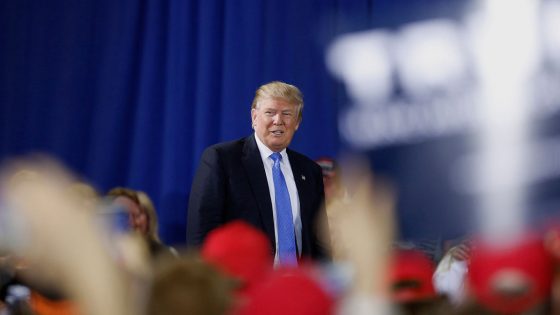By: Kent Engelke | Capitol Securities
Will the war of words escalate into violence? As noted yesterday, nervousness is rising, albeit the response from the markets has been relatively subdued. To reiterate the obvious, the outcome of any military action is infinite.
Radically changing topics, the war on inequality is raging with one side dogmatically stating higher taxes will solve all fiscal issues. Economics 101 dictates the higher the price, the lower the demand. What I find difficult to comprehend is that the CBO and all other legislative budgeting authorities utilize linear projection models.
For example, the city of Philadelphia enacted a soda tax on January 1. The budgeting office projected demand will remain unchanged, generating about $92 million in additional taxes. To date, according to Philadelphia, only $39.4 million in taxes have been collected. Pepsi reported a 43% decline in sales and is subsequently firing 100 workers because of lack of demand. Two days ago, Philadelphia revised the estimates of the soda tax down 14% to about $79 million, but this amount seems too optimistic.
And then there is NYC. Mayor de Blasio is proposing to increase taxes on cigarettes to the highest level in the country to deter smoking.
De Blasio is also proposing a “millionaires” tax to pay for subway repairs, projecting a $700 to $800 million in taxes by raising the top income tax rate to 4.4% from 3.9%. [Note: the Millionaires tax starts at $500,000.]
The combined state and local tax would now be 13.2%. Only California has a higher rate at 13.3%. The top 1% of wage earners already account for 49.3% of NYC tax revenue, suggesting a very narrow tax base.
In my view, de Blasio’s thinking is not consistent. Via the proposed cigarette tax, he understands the more something is taxed, the lower the demand.
According to the census department, during 2014 — the last year that there is information — New York led the nation in outmigration of those making $200,000 or more a year. Will such a “millionaire tax” accelerate the outmigration patterns?
Oh, in for what it is worth department, $250 million will be earmarked to pay for half price train fare for 800,000 low income New Yorkers. Moreover, payroll for NYC’s subway workers has surged over 26% in the last six years.
In my view, government has yet to comprehend the importance of tax rates and economic activity. It is obvious that de Blasio connects the two with cigarette taxes and demand. Why can’t he acknowledge it with income tax rates?
In several weeks, Congress will return from its summer recess where tax reform is expected to be debated.
Many times I have opined that often times the most obvious conclusions are those which are ignored.
Returning to the here and now, equity markets were modestly lower, following increased rhetoric by both the US and North Korea. The NASDAQ fell about 2.15% while the Dow declined about 0.9%.
Oil fell following this by about 2%, perhaps on technology driven profit taking as crude which was up over 1% earlier in the day. Treasuries were modestly higher in price with the 10-year rising 13/32 and 30-year rising 29/32.
Last night the foreign markets were down. London was down 1.11%, Paris was down 0.95% and Frankfurt was down 0.11%. China was down 1.63%, Japan was down 0.05% and Hang Sang was down 2.04%.
The Dow should open nervously lower. The 10-year is unchanged at 2.20%.

















